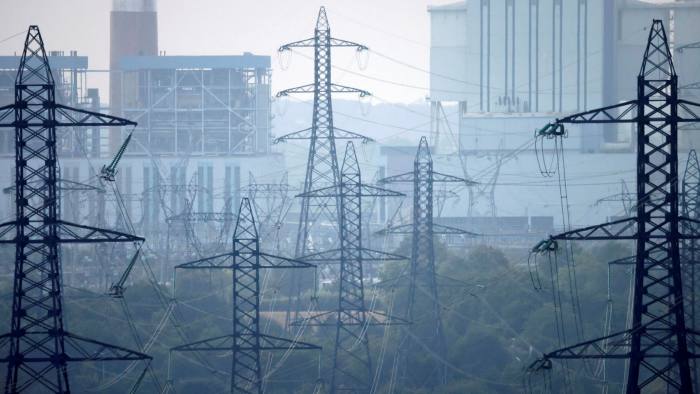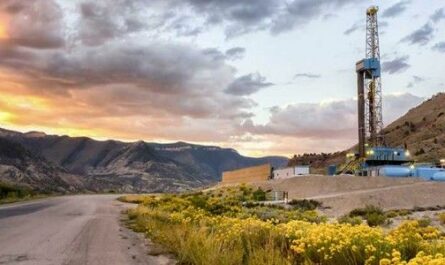The EU’s “green deal” is about more than saving the planet. It is a cut at hegemony. European pioneers sense that the decarbonisation plan will drive key change on the world’s economies, and need Europe to be at the front of that innovative and strategy insurgency.
The EU’s longing to be the worldwide green hero mirrors that, in numerous ways, it as of now is. Green coalitions are more unmistakable in Europe than somewhere else. They have acquired force or won the clash of the plans to the degree that different gatherings have embraced their plan. Europe makes its success with moderately low discharges. Its urban communities are spearheading metropolitan economies that depend less and less on the vehicle.
Be that as it may, Europe’s enormous aspirations additionally mean it is first to confront the headwinds, for example, the political aftermath from the current spike in energy costs. The approaching possibility of residents unfit to keep the lights on is the stuff of any administration’s bad dream. However, for Europe it additionally undermines a drawn out political program around which much else — including the EU’s way breaking normal recuperation store — is fabricated.
Europe’s decarbonisation plan requires making fossil energy utilize more costly. That was continually going to be an intense sell. Since greater costs are out of nowhere here, it will be more enthusiastically still. Regardless of whether EU pioneers can keep a composed mind in the current emergency — this is, all things considered, the mainland that generated the yellow vests — will show whether their goal to worldwide green authority has any backbone.
No government official can bear to disregard real energy penury among their constituents. Yet, they ought not succumb to the allurement of delaying environment approaches that could make energy dearer. They ought to, all things being equal, tackle the emergency to electrify green governmental issues — beginning by conceding four manners by which the present taking off bills reflect incomplete work.
To begin with, these spikes come after a significant stretch of curbed energy costs. Europeans have appreciated a large portion of 10 years where pre-charge market costs for petroleum gas were lower than before the 2008-9 downturn, adapted to swelling. Power costs have acted a lot of something similar. While energy charges have gone up in that period, the all out cost increments have been sensible, particularly for organizations.
That might be helpless relief for those presently confronting high bills. Yet, the more extended term outcome has been to dull the motivating force to further develop energy productivity. In the event that administrations had focused on quicker rising energy burdens prior, families and organizations would now be better positioned to climate present moment spikes.
Second, a bound together energy market stays more goal than the real world. Families and organizations pay significantly more for gas in the most costly EU country than the least expensive, even before contrasts in charges are counted. The equivalent is valid for power. In a genuine single market, costs ought to just contrast by transport or transmission costs (which strategy intercessions and public speculation should expect to reduce). In such a market, nearby value swings would be substantially less fierce.
Third, Europe is deficiently enhanced in energy imports. This might appear to legitimize Germany’s acknowledgment of the Russian Nord Stream 2 pipeline. In any case, it truly focuses to the requirement for greater interest in elective sources, for example, gasification ability to further develop admittance to worldwide melted flammable gas markets, or environmentally friendly power projects across the Mediterranean.
Fourth, the crucial inquiry of what the EU’s energy blend ought to be stays disrupted. In the medium term, the inquiry is which job gas should play as a venturing stone away from dirtier coal and oil. In the long haul, the inquiry is the thing that replaces it. These are not autonomous contemplations: petroleum gas speculations have a more drawn out lifetime than the decade or somewhere in the vicinity it can conceivably go about as a momentary energy source.
Generally speaking the EU’s drawn out energy methodologies point the correct way yet are not strong enough. Extreme carbon valuing will support energy proficiency. Greater interests in energy exchange will smooth present moment knocks. The coalition’s heightening spotlight on hydrogen could oblige longer life expectancies for new gaseous petrol ventures with strategies to move gas creation from momentary energy to “blue” hydrogen source. It could even offer confidence to Berlin’s plan to repay Ukraine for the geostrategic danger of Nord Stream 2 by transforming the country into a hydrogen exporter to the EU.
These are naughtily intricate strategy challenges. Yet, the greater undertaking is that of statecraft: to convince electors that multiplying down on decarbonisation — with its suggestions at gas costs — is the most ideal approach to keep away from comparable emergencies later on.
Disclaimer: The views, suggestions, and opinions expressed here are the sole responsibility of the experts. No Economy Extra journalist was involved in the writing and production of this article.




